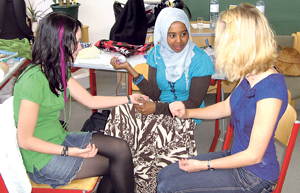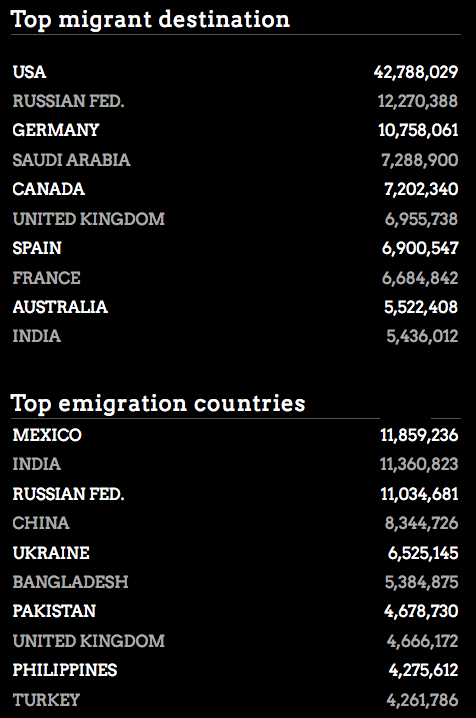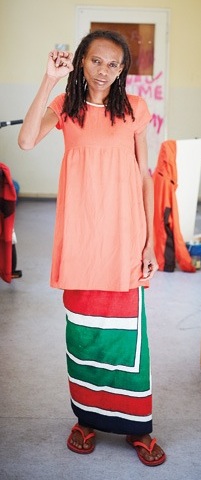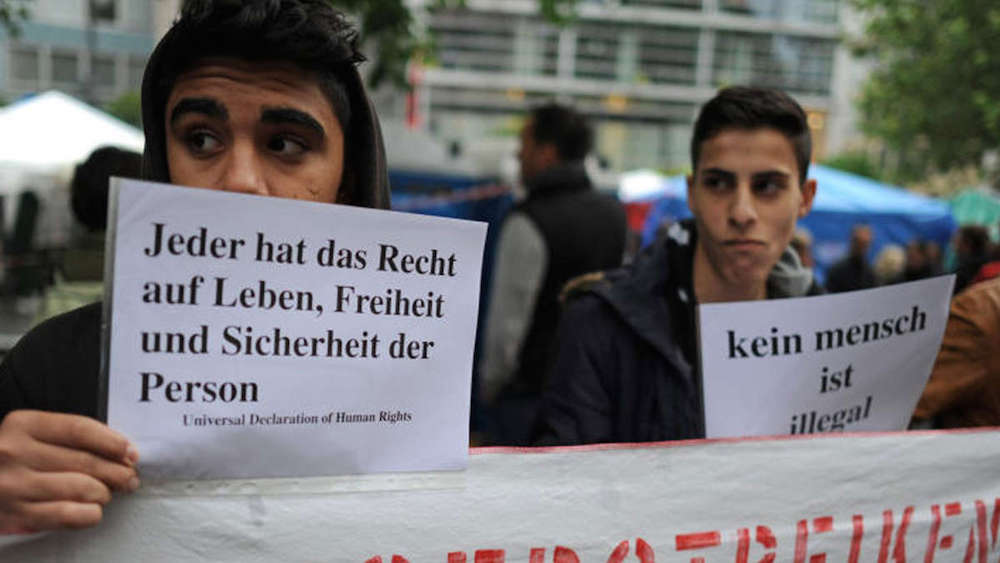
A Kenyan footballer that identifies as gay is facing deportation after his application for asylum was denied for lack of sufficient evidence that there was any threat on his life if or when he returns to Kenya.
A former footballer from Kenya is in Brandenburg fighting to have his asylum application accepted. The man who asked to remain anonymous claims that in 2013, he was arrested and harassed by Kenyan police after they spotted him kissing and fondling a fellow man. Being a gay man, the police arrested him and threatened with a lifelong sentence claiming that was the punishment by Kenyan law for homosexuals. The man was able to get away three days later after he bribed the police but remained traumatised by the experience.
He however continued to live in Nairobi with no other interaction with the police until June 2014, when he was able to fly to Italy and subsequently move to Germany. On moving to Europe, he left behind everything he had in Nairobi including his partner and his career as a footballer and dancer.
On arrival to Germany, he applied for asylum claiming that being a homosexual, his life was in danger if he ever returned to Kenya. An application that the Federal Office for Migration and Refugees (Bundesamtes für Migration und Flüchtlinge, BAMF) has rejected.
“There is nothing that distinguishes him from a multitude of other young men in Kenya, that he can not live there [in Kenya]”, BAMF wrote in the nine-page rejection letter they sent the man.
BAMF recognises that “short-term arrests of homosexuals are committed by the police, with allegations of disruption to public order”. However, “The asylum status is not granted”. BAMF went further to clarify that although homosexuality is illegal in Kenya and can get you up to 14years imprisonment, BAMF had to date never heard of anyone serving such a sentence in Kenya and the Kenyan media had not reported on any such case since 1996. They agreed that having to bribe the police to regain freedom was normal and no reason for one to seek asylum.
The case was brought to the Green’s party representative, Volker Beck, who wrote to BAMF’s president, Frank-Jürgen Weise: “It is not clear to me how the BAMF came to the conclusion that the man does not face any persecution because of his sexual orientation if he returns to Kenya.”
Furthermore, BAMF’s defence that there were numerous LGBT activists living in Kenya, as evidence that being LGBT was no cause for persecution, was being unfair to the man.
BAMF has however made no comments regarding this case. The man has appealed the decision by BAMF and awaiting the judgement.
This case brings several issues to the fore. In 2013, the European Court of Justice (ECJ) approved using homosexuality as grounds for asylum, however what remains unclear is how to prove that someone is gay as well as, how to prove a threat of persecution. Lastly, the Dublin Treaty, demands that refugees seeking asylum in the EU should apply in the country of first arrival, in this case, this man should have been sent back to Italy rather than be threatened with deportation back to Kenya.










